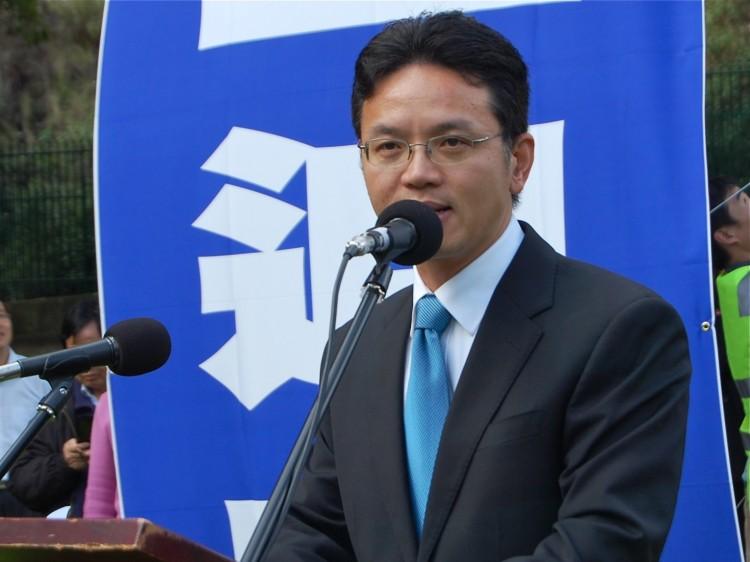Two consecutive incidents of Chinese students disrupting democracy commemorations on U.S. college campuses in June have renewed concerns about the infiltration of the Chinese Communist Party (CCP) in the United States.
According to Radio Free Asia on June 9, Kinen Kao, a Hong Kong student at Cornell University, was putting up posters with “Free Hong Kong” and “Free Uighurs” in a neighborhood near his school at 6 p.m. on June 8 when a young Chinese man approached him, tore down the posters, and threateningly said, “Don’t you dare put them up again!”




